If you're into juicing at all, you may have heard about different cleanse programs to help rid your body of toxins and chemicals. While the science behind these cleanses is inconclusive, many people report positive effects.
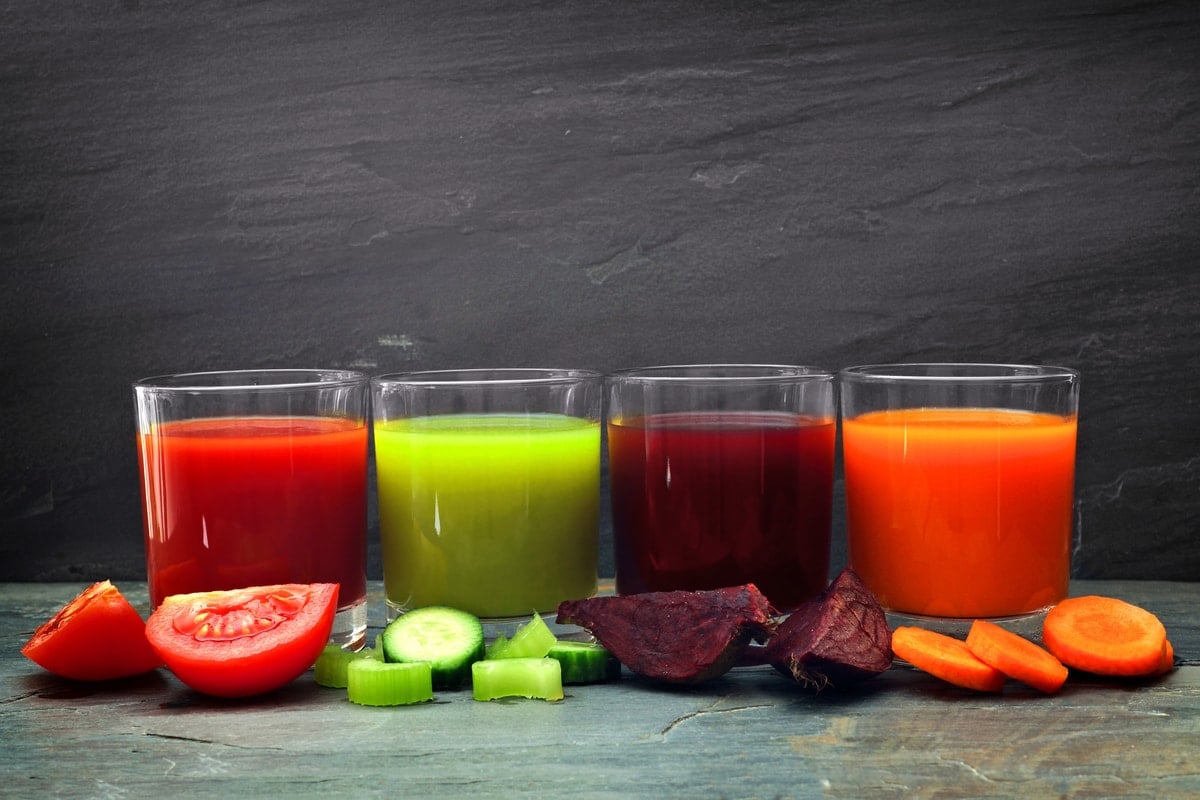
However, one thing from juice cleanses that can cause problems is adding too much sugar to your diet. Since so many fruits are loaded with natural sugars, you could be doing more harm than good in many cases.
So, if you're worried about spiking your blood sugar too much, you can opt for a low-sugar juice cleanse. Don't worry if you don't know where to start - that's what we're here for. Here is the ultimate guide to a low-sugar juice cleanse.
Table of Contents
What is a Juice Cleanse?
As the name suggests, the idea behind juice cleanses is that you're flushing harmful elements from your body using natural, fresh juice. Another term for this process is a detox diet or juice diet. Some programs will provide you with pre-made juices, while others give you recipes to follow. If you choose to make your own fruit and vegetable juices, you will need an electric juicing machine. These devices make it so much easier to extract liquid from your ingredients.
Typically, a juice detox will last between two and seven days, with some programs going up to 10 or 14 days. If you haven't done a juice cleanse before, we highly recommend starting slowly and working your way up to longer regimens. A cleanse can be quite a shock to your system, so doing one for too long could hurt your body more than help it.
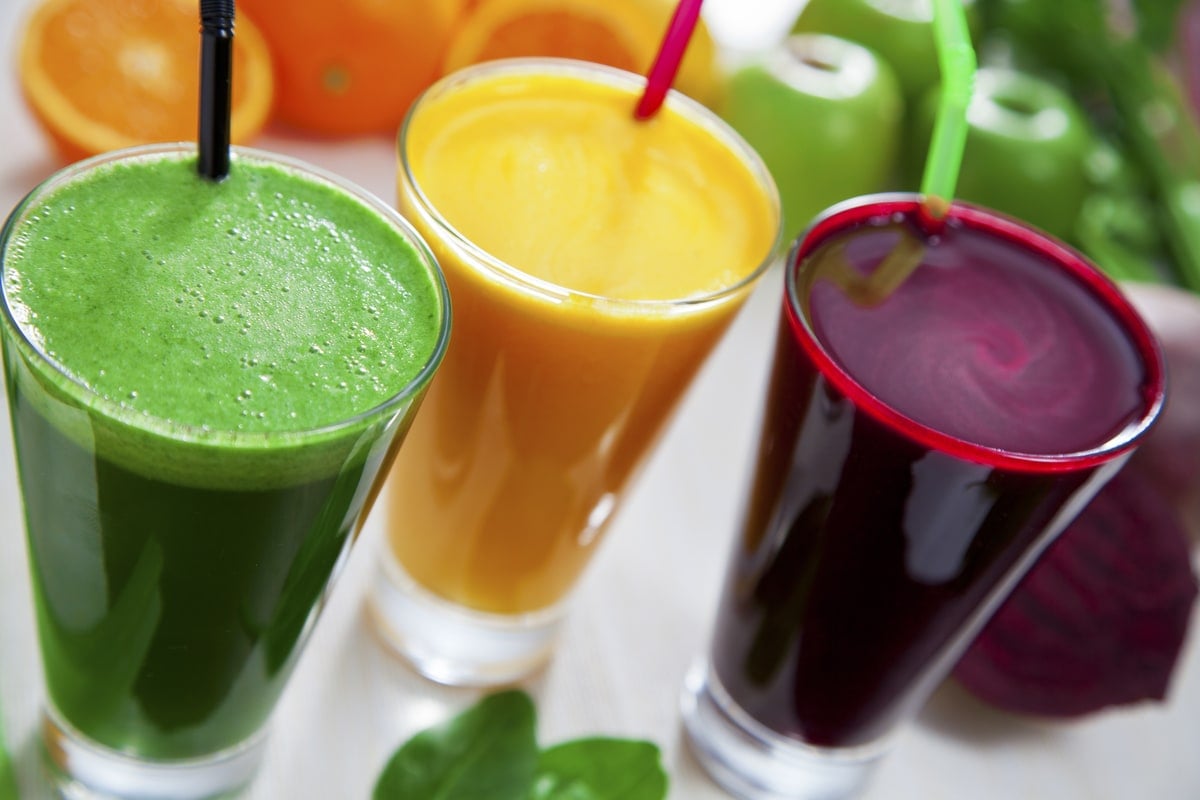
Another point to remember about juice cleanses is that they're often designed around a specific goal. For example, some cleanses will help restore liver function, while others help you lose a few pounds. It's best to have an objective in mind before starting so that you can measure success. Otherwise, doing a juice cleanse just for the heck of it might not do much for your overall health.
Science and Juice Cleansing - An Uneasy Relationship
When looking at juice cleansing programs online, you'll see a lot of them make broad claims. Most cleanses will talk about removing toxins and harmful chemicals from your body. Some regimens will even use scientific research to back up their claims.
That said, while there can be tangible benefits to going on a multi-day cleanse, don't take all of these programs at face value. Here are a few points to remember when comparing juice cleanse options:
- Weight Loss - Indeed, you'll likely lose a few pounds when doing one of these regimens. However, the trick is to keep that weight off as soon as you stop. Drastic weight loss is usually more unhealthy as it can be too much of a shock to your system. So, if you're looking for a cleanse that can magically melt pounds from your body, you should adjust your expectations.
- Toxin Removal - The problem with the word "toxin" is that it's too generic. Yes, fresh fruit and vegetable juice can add antioxidants, vitamins, and minerals to your diet, but they won't remove many toxins. The fact is that your liver already does a pretty good job of that on its own. Usually, liver problems stem from ongoing dietary issues, such as excess fat, sugar, and alcohol in your system. Just as you can't expect to shed tons of weight on a juice cleanse, don't expect to undo years of liver damage.
- Digestive Health - Here is where a juice cleanse can yield some pretty sweet benefits. Many people may suffer from chronic health conditions and not realize that their diet is causing them. When you go on a cleanse, it's easier to reintroduce foods slowly to determine if and when you have a bad reaction. From there, you can make long-term changes.
Why Choose a Low-Sugar Juice Cleanse?
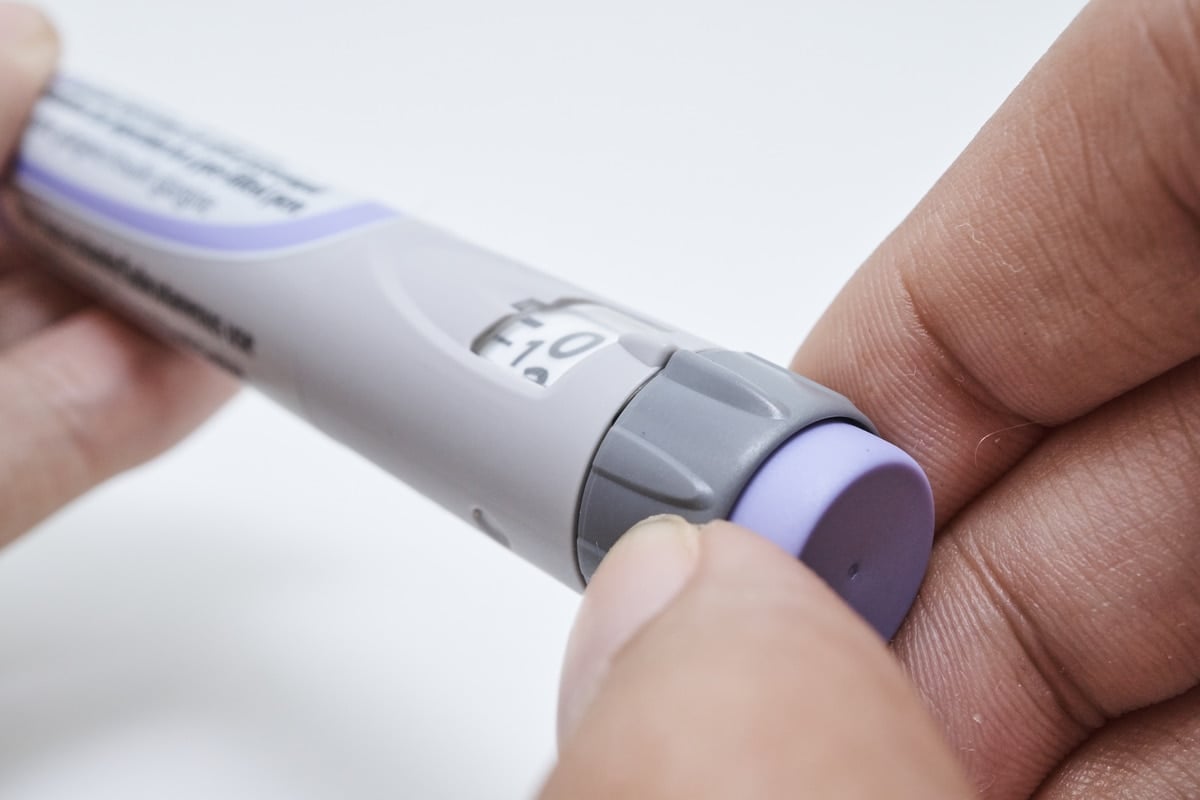
You don't have to be diabetic to be concerned about your blood sugar levels. Consuming too many sugary foods can cause spikes, which will add unnecessary stress to your liver and other internal systems. As you may know, your body naturally produces insulin to help regulate your blood sugar. However, if you keep eating too many sweets, your body can't keep up, and its ability to make more insulin gets worse. Over time, you can develop type 2 diabetes, which is irreversible.
So, when undergoing a juice cleanse program, you need to be careful about the fruits you're using. Some fruits like pomegranate, cherries, and lychee have over 20 grams of sugar per cup, which adds up. A glass of fresh juice here and there is okay, but drinking juice and nothing else for a 3-day juice cleanse can be problematic.
That said, there is evidence that shows that natural fructose (the type of sugar present in fruits) doesn't cause insulin spikes like refined sugar. Overall, fruits have other vitamins and nutrients that can balance the effect and ensure that your body doesn't overreact. Still, consuming too much natural fructose can lead to complications.
Benefits of a Low-Sugar Juice Cleanse
Although some juice cleanse programs do make unsubstantiated claims, there are some tangible benefits you can experience. Here's a breakdown of the various advantages you can expect:
- Added Vitamins and Nutrients - Most people don't get enough vitamins in their daily routine, but drinking cold-pressed juice can add tons of nutrients to your diet. As long as you mix fruits and vegetables, you can get a broader range of antioxidants and anti-inflammatory properties.
- Boost Your Immune System - Since fruits and vegetables are full of antioxidants, you can improve your immunity, albeit slightly. Some people report extra energy during a cleanse, while others may feel a bit more sluggish. If you're feeling run down during the cleanse, you should adjust your recipes to add more calories and balanced ingredients.
- Better Digestive Health - This benefit comes with a catch; if you go back to eating unhealthy foods after the cleanse, any improvements will be undone. However, if you use the juice cleanse as a stepping stone to a healthier lifestyle, you can see significant improvements in your digestive health. The mixture of bacteria and enzymes in your gut can get balanced during a cleanse, making your system more efficient.
Points to Consider Before Doing a Low-Sugar Juice Cleanse
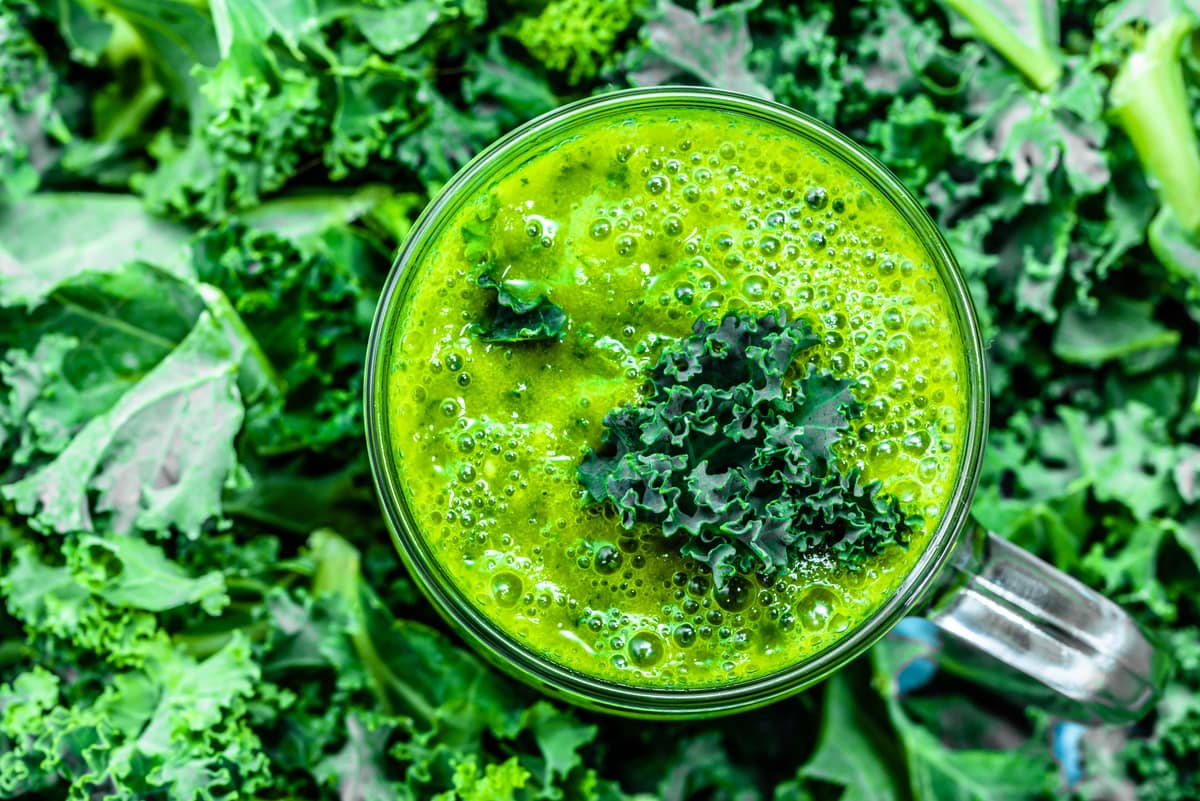
Before we get into some sample juicing recipes, you need to be sure that your body is ready to go on a cleansing program. Here are a few factors to think about, both with low-sugar and regular juice cleanses:
- Pay Attention to Calorie Intake - Typically, you'll consume much fewer calories during a cleanse than you would otherwise. If the drop is substantial, it could shock your system too much and put your body into starvation mode. For example, if you eat an average of 3,000 calories per day and drop it to 1,000, your body may react dramatically. Overall, it's best to taper your calorie consumption slowly.
- Try to Add Protein - Fruits and vegetables don't have much protein, if any. Your body needs protein to survive, so cutting it out of your diet can lead to adverse side effects. If you're going on a two or three-day cleanse, you might not have to worry so much about a lower protein intake. However, if the program goes for five days or more, you'll need to figure out a way to add protein.
- Don't Exercise or Lift Weights - Although exercise is always good for your body, the problem with doing so during a juice cleanse is that you're not getting enough calories and protein to replace what's lost during a workout. Your muscles need protein to heal and rebuild, so it's harder for them to recover when you're juicing.
- Beware of Diarrhea - One unavoidable side effect of an all-liquid diet is that your poop won't be solid anymore. During the first couple of days, your body will shed any food left inside the intestines. Once that's gone, only liquid will remain. If you're doing a week-long juice cleanse, be aware that you'll experience diarrhea most of the time.
Best Juice Recipes for Low Sugar Diets
If you're used to ingesting a lot of sweet treats, it may take a while to get used to low-sugar juices. However, if you've already been cutting sugar out of your diet, you should adjust pretty quickly. If necessary, we recommend adding some honey or all-natural syrup to your juice to make it easier to drink. Over time, you can cut the sugar out until you don't need it anymore.
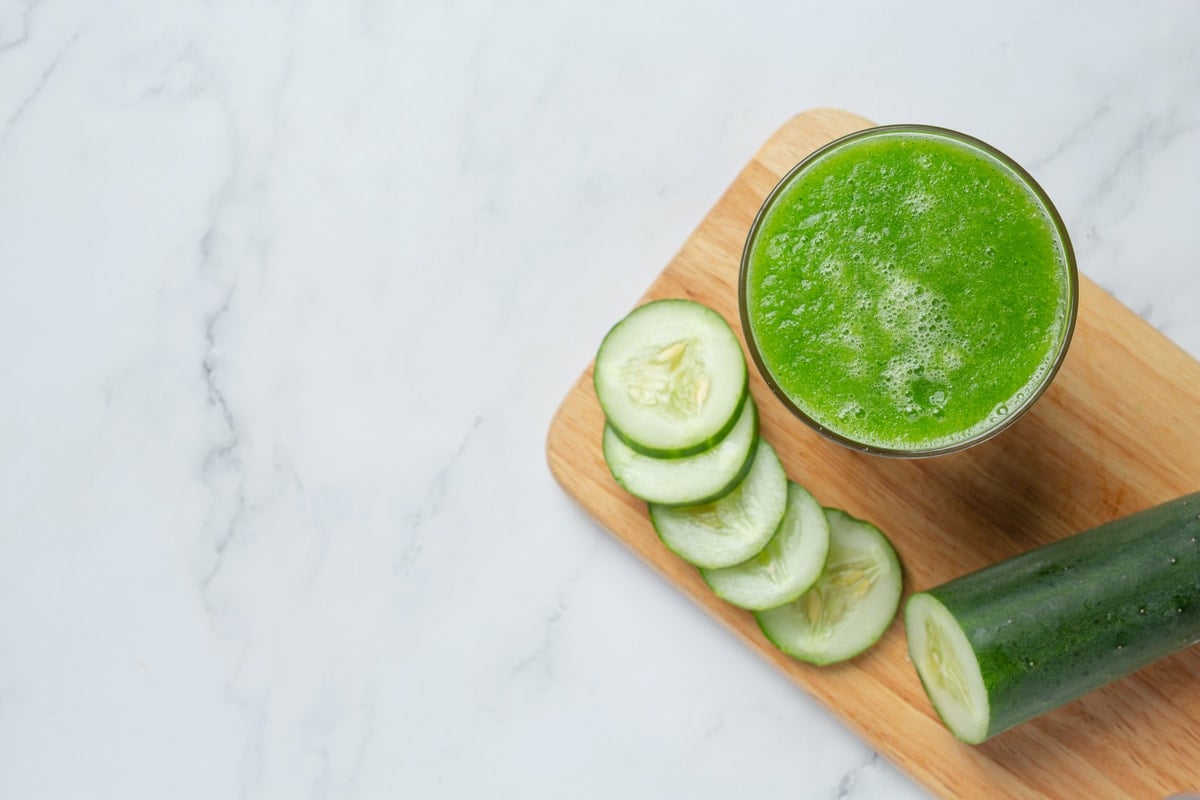
Here are some juice cleanse recipes that you can try.
Cucumber Juice
- 1 whole cucumber
- 1 medium-sized lemon
- ½ granny smith apple
The apple and lemon are both a bit tart, so you might need to cut this juice with something a bit milder at first. Cucumber is an excellent low-sugar juicing ingredient because it has tons of liquid inside and a neutral flavor. Granny smith apples have one of the lowest sugar counts of any apple, but you can swap them for something a bit sweeter if necessary.
Yellow Juice
- 2 large carrots
- 1 lemon
- 1 yellow pepper
- 1 piece of fresh ginger
- 2 tsp of fresh turmeric
- 2 ounces of fresh pineapple
If you want to keep everything yellow, you can choose yellow carrots instead of orange ones. They may be a little hard to find, but they should taste about the same. The ginger and turmeric add a bold, zesty flavor to the juice, so feel free to cut back on those ingredients if they're a bit too punchy. The pineapple should add a hint of sweetness without going overboard.
Green Drink
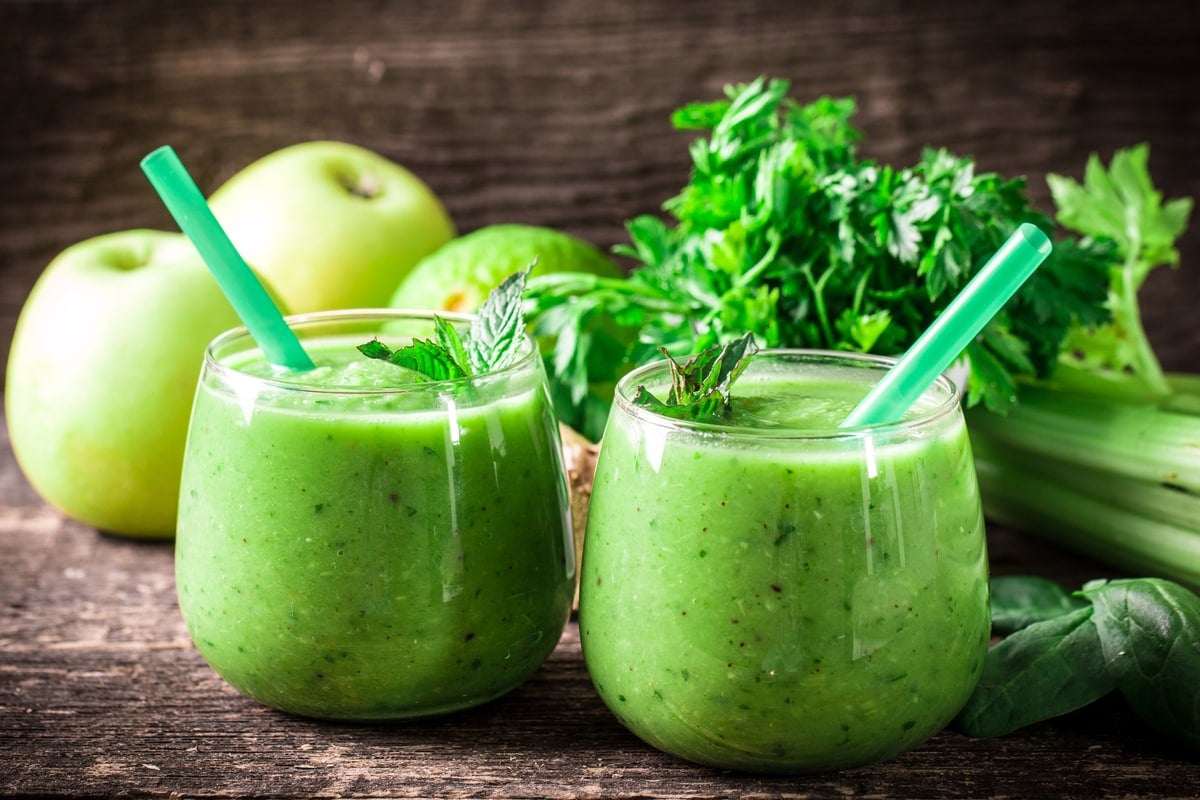
- 2 cups baby spinach
- 2 celery stalks
- ½ green apple
- ½ cucumber
- ½ lemon
- ½ cup zucchini
- ½ cup water
Green juice is a classic staple of any cleansing program, but this one is a bit easier to drink than some of the others we've seen. The cucumber and zucchini add a lot of liquid with minimal impact on the overall flavor. Celery juice is also mild and adds some extra hydration.
The only punchiness to this beverage is the lemon juice, but it won't overpower the rest of the ingredients. This juice is very mild and light, making it perfect for drinking on ice. If you have to add a little sweetness, a spoonful of honey will do wonders.
Bottom Line: Are Low-Sugar Juice Cleanses Worth It?
As we've mentioned, many organic juice cleanse programs make bold claims that may or may not be accurate. If you're looking for a "magic bullet" that will make your body healthy, you won't find that in any regimen, low-sugar or otherwise.
That said, juice cleanses can be an excellent way of "resetting" your dietary needs with a healthy mix of fruits and vegetables. What matters most is what you do after the program. If you start eating fried and junk foods, any benefits of the cleanse will be erased. Overall, don't think of a low-sugar juice cleanse as a "fix" so much as a piece of a larger puzzle.
Sources:
https://www.nccih.nih.gov/health/detoxes-and-cleanses-what-you-need-to-know
https://pubmed.ncbi.nlm.nih.gov/1749210/
https://www.myfooddata.com/articles/high-sugar-fruits.php
http://www.nutritionfacts.org/2016/08/09/what-about-all-the-sugar-in-fruit/
https://www.medicalnewstoday.com/articles/323136#potential-benefits

Leave a Reply